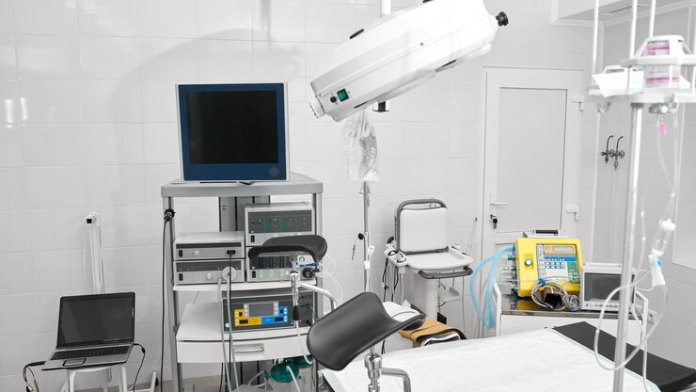In a recent study conducted by the Comprehensive Cancer Center Vienna of MedUni Vienna and Vienna General Hospital, the effectiveness of common methods for early detection of prostate cancer was scrutinized. The study, led by Shahrokh F. Shariat from the Department of Urology at MedUni Vienna and University Hospital Vienna, has shed light on the limitations of rectal examination in comparison to the PSA blood test for detecting prostate cancer. The findings of this research were published in the esteemed journal European Urology Oncology.
Prostate cancer ranks among the most prevalent cancers affecting men globally. Traditional screening techniques involve digital rectal examination (DRE) and prostate-specific antigen (PSA) testing. However, the study suggests that relying solely on rectal screening, particularly in combination with PSA, may not be as effective as previously believed, prompting a reevaluation of these methods.
In a comprehensive meta-analysis, data from eight distinct studies involving a total of 85,738 participants were amalgamated. The results indicate that DRE alone or in conjunction with PSA might not offer a significant advantage in the early detection of prostate cancer when compared to PSA testing in isolation. Specifically, DRE exhibited a lower cancer detection rate (CDR) than the PSA test.
These outcomes raise questions about the efficacy of digital rectal examination in routine prostate cancer screening, especially in the absence of specific symptoms or signs. The less-than-impressive validity of rectal examination in detecting prostate cancer suggests that routine performance of this examination might not be necessary in the absence of clinical symptoms and signs.
Shahrokh Shariat, the Head of the Department of Urology at MedUni Vienna and University Hospital Vienna, underscores the importance of further research to pinpoint the most effective methods for early detection of prostate cancer. The study’s findings initiate a discussion on the necessity and benefits of digital rectal examination in the early detection landscape.



